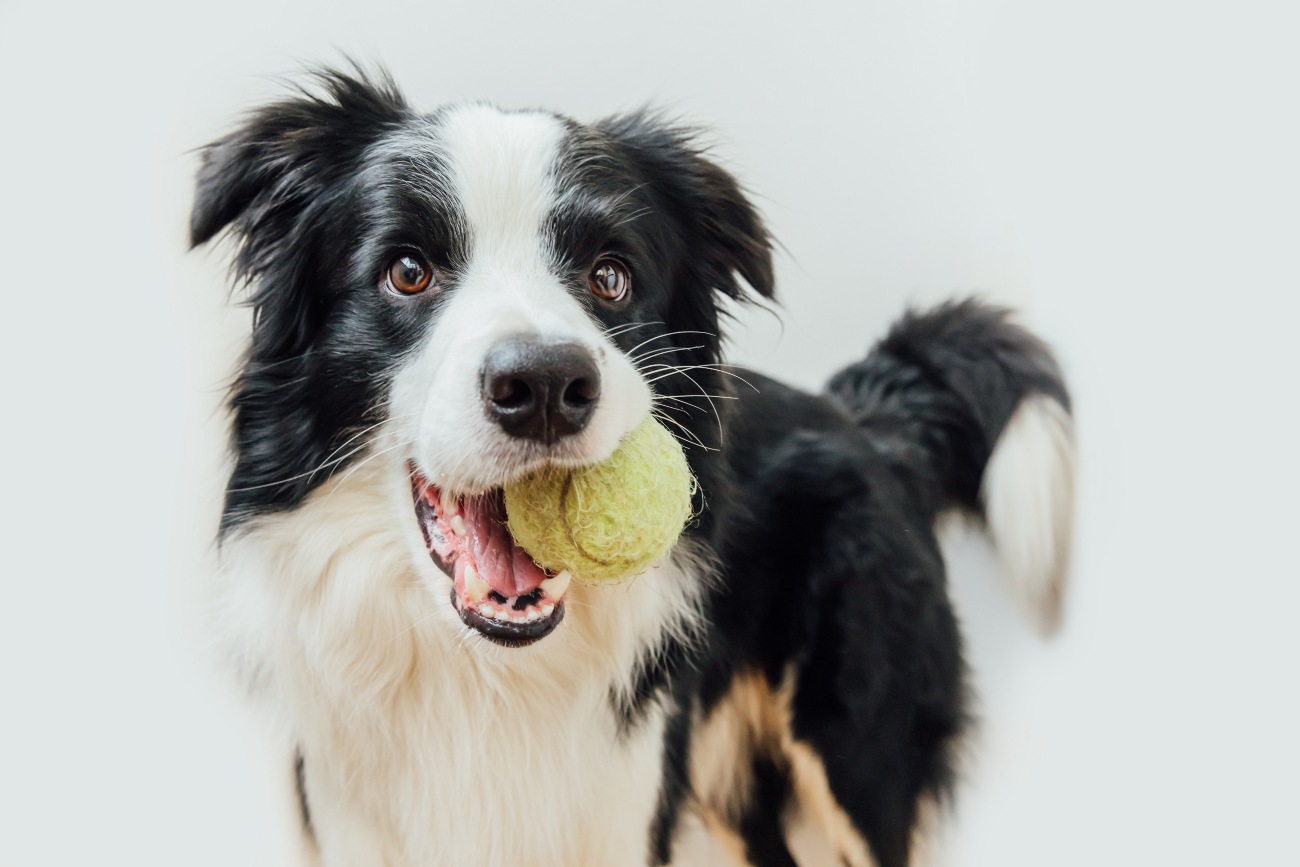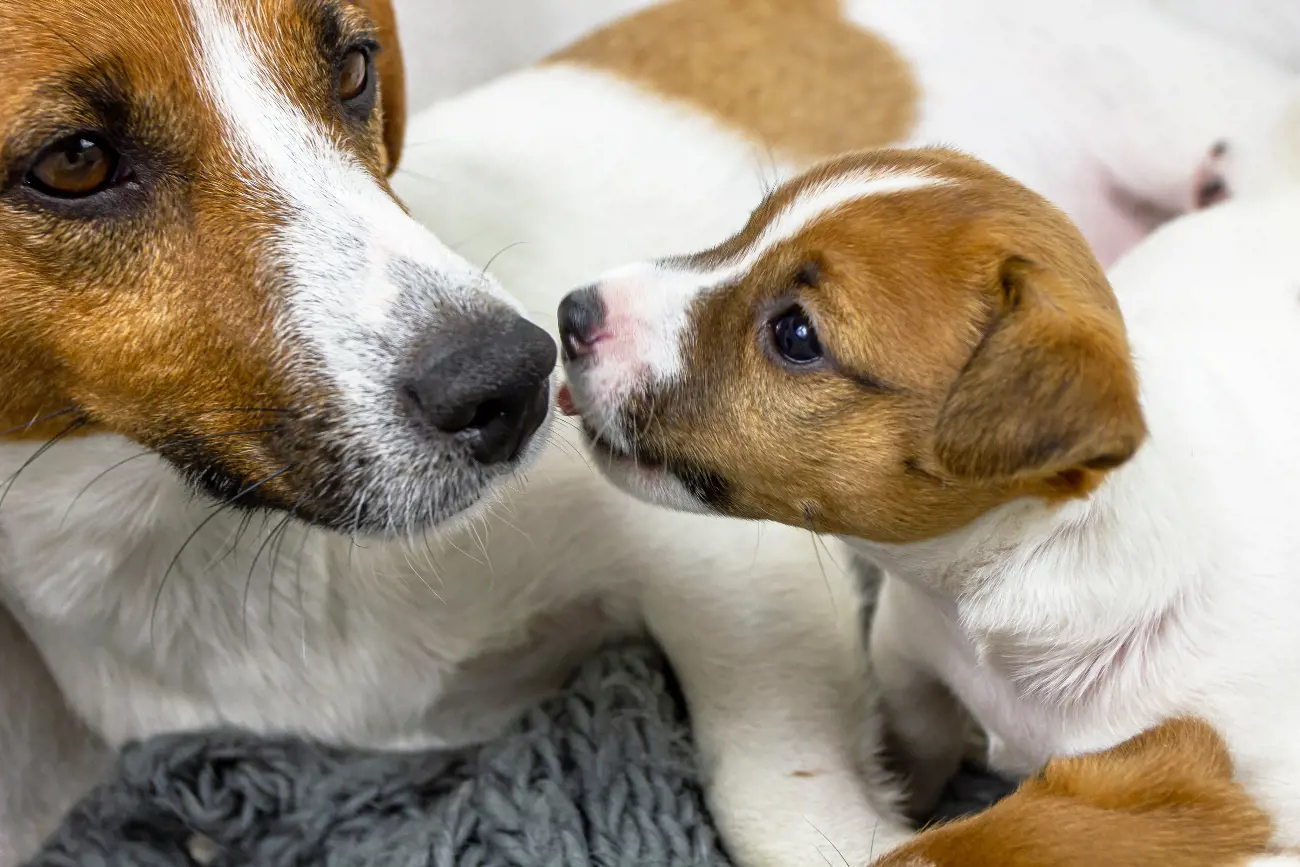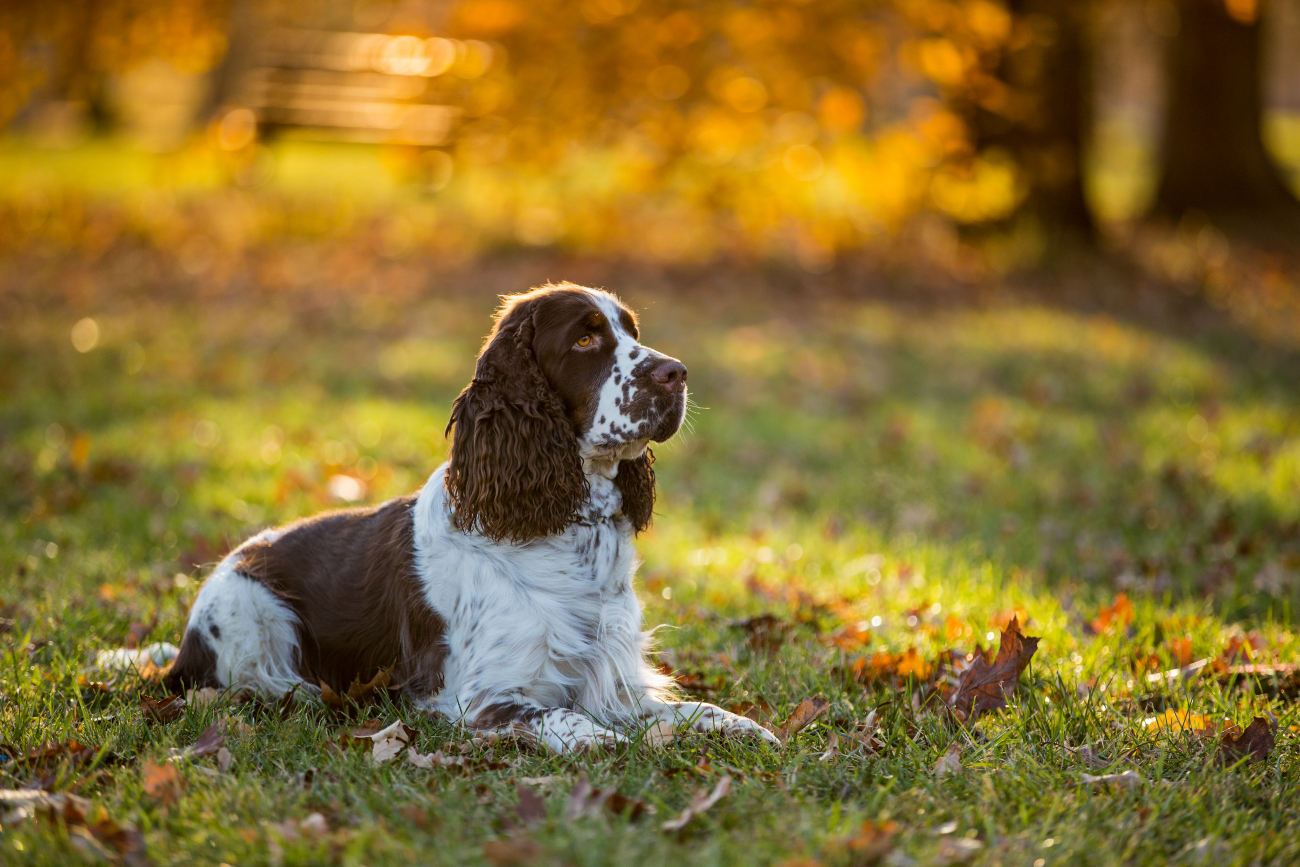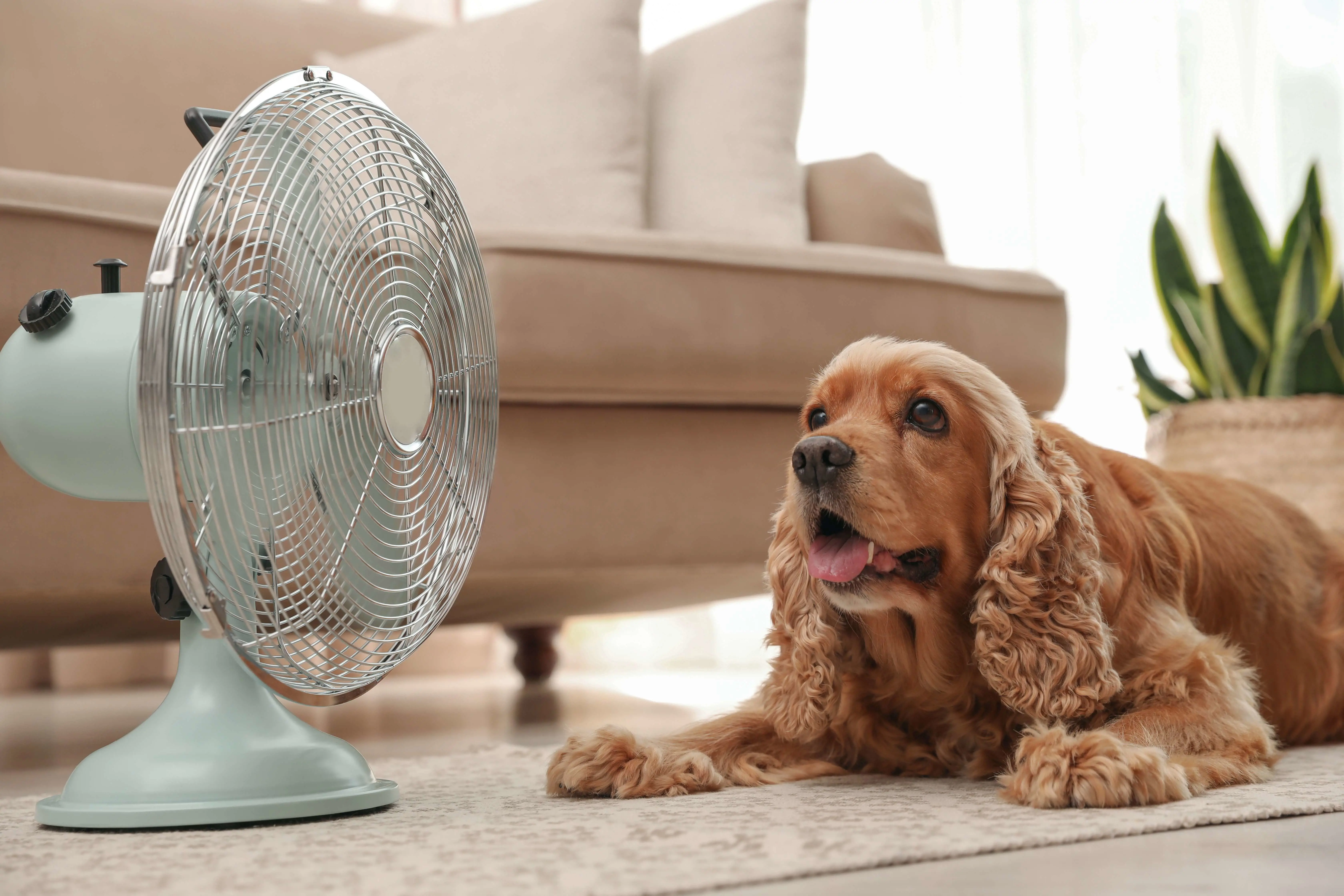Why do dogs like belly rubs?
15th April, 2024
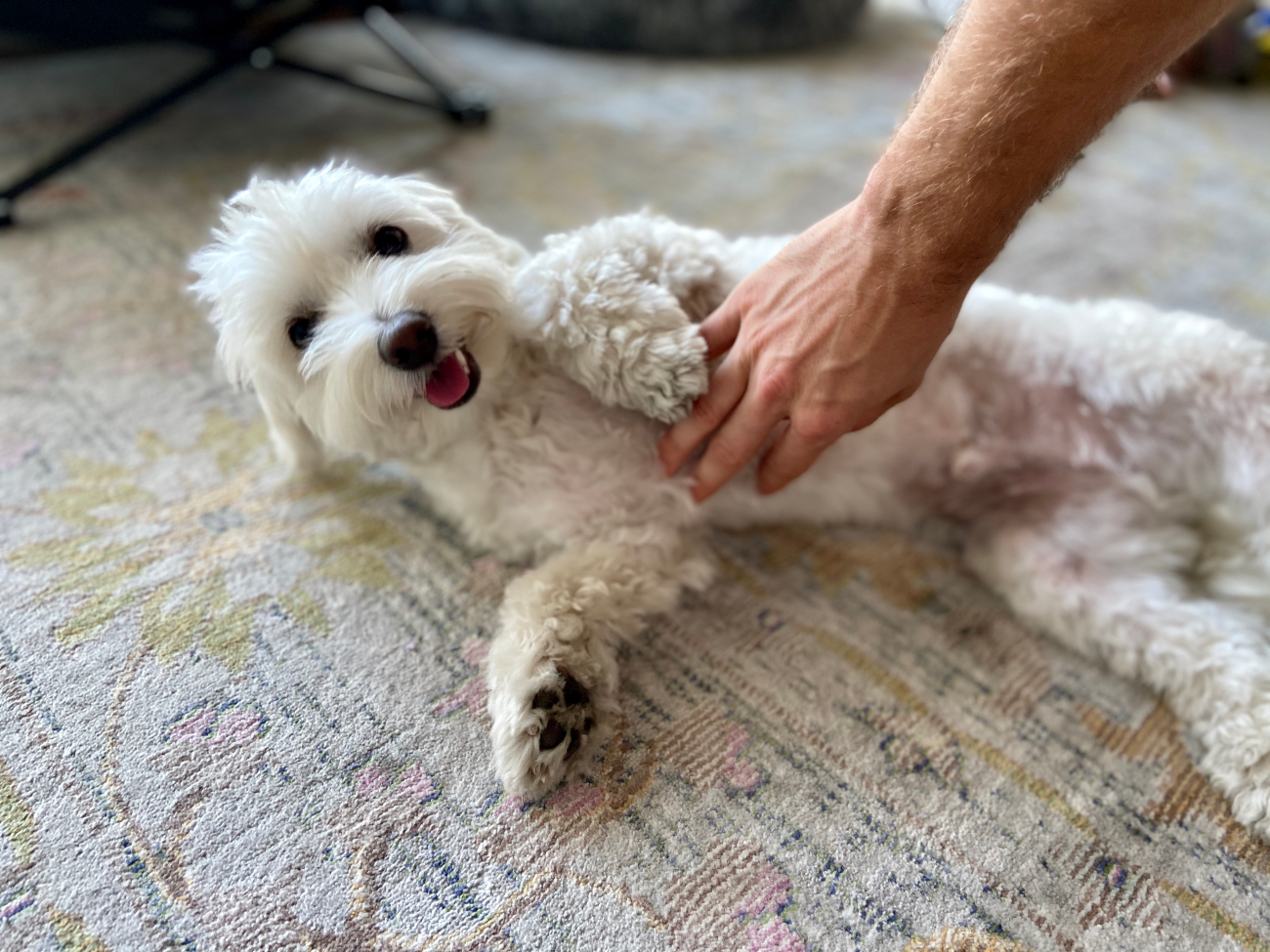
Do you ever wonder why dogs love belly rubs so much? It's like a warm, comforting hug for them. In this article, we'll explore the fascinating reasons behind their love for belly rubs. Dogs have a unique biology that makes them highly receptive to touch, especially in vulnerable areas like their bellies.
When you give your furry friend a gentle belly rub, it triggers a pleasure response in their brain, releasing feel-good hormones and creating a sense of relaxation. Additionally, belly rubs strengthen the bond between you and your dog, tapping into their instinctual pack mentality.
Each dog may have their own preferences when it comes to belly rubs, so it's important to observe and understand what makes them truly happy. Let's delve deeper into this delightful canine behaviour.
Key takeaways
- Dogs love belly rubs due to the release of oxytocin, a hormone that promotes bonding and relaxation.
- Belly rubs trigger a pleasurable response in a dog's brain, leading to a positive emotional response.
- Belly rubs serve as positive reinforcement, creating a positive association with the owner and strengthening the bond.
- Belly rubs have a calming effect on dogs, reducing stress and anxiety, and fostering a sense of security and well-being.
The biology of belly rubs
One reason why dogs enjoy belly rubs is due to the release of oxytocin, a hormone that promotes bonding and relaxation in your furry friend. When you give your dog a belly rub, it triggers the release of oxytocin in their body, leading to a sense of comfort and security. Oxytocin is often referred to as the "Love hormone" because it plays a significant role in social bonding and attachment.
The science behind belly rubs lies in the psychology of dogs. Dogs have evolved alongside humans for thousands of years, and through this coexistence, they have developed a strong desire for social interaction and physical touch. Belly rubs provide both of these elements, as they involve physical eye contact and attention from their human companions.
When a dog likes or receives a belly rub, it activates the pleasure centres in their brain, leading to a positive emotional response. This pleasure response in dogs when their belly is rubbed is similar to the feeling humans experience when receiving a massage or a warm hug.
It brings about a sense of relaxation and contentment in dogs, making them associate belly rubs with feelings of happiness and well-being.
Understanding the biology and psychology behind belly rubs helps us comprehend why dogs enjoy this form of interaction so much. Now, let's delve further into the pleasure response in dogs and explore the physiological changes that occur when they receive a good belly rub.
The pleasure response in dogs
When you give your dog a full belly scratch or rub, it instantly triggers a pleasurable response in their brain. This response is mediated by pleasure receptors, which are specialised cells in the brain that respond to pleasurable stimuli.
Physical affection, such as belly rubs, stimulates these pleasure receptors and releases feel-good chemicals in the brain, such as dopamine and oxytocin.
Dogs, like humans, have evolved to seek out and enjoy physical touch. This is because physical affection has been shown to have numerous benefits for both mental and physical health.
When you give your dog a good belly rub, it not only feels good to them, but it can also help reduce stress, promote relaxation, and strengthen the bond between you and your furry friend.
The pleasure response in dogs is also influenced by their individual experiences and preferences. Some dogs may enjoy belly rubs more than others, depending on their past experiences and socialisation.
It's important to pay attention to your dog's body language and cues to ensure that they are enjoying the dog belly rubs, and not feeling uncomfortable or stressed.
Belly rubs and pack bonding
To strengthen the bond between you and your furry friend, give them belly rubs, as it fosters pack bonding. Belly rubs have a profound effect on dogs, not only because they feel good, but also because they activate the pleasure response in their brains.
Here are four reasons why belly rubs can enhance pack bonding:
- Release of oxytocin: When you give your dog a belly rub, it triggers the release of oxytocin, often referred to as the "Love hormone." This hormone promotes feelings of trust and connection, deepening the bond between you and your dog.
- Mimicking maternal care: In the wild, mother dogs lick and nuzzle their puppies to care for them. Belly rubs simulate this maternal care, creating a sense of security and comfort for your dog.
- Positive reinforcement: Dogs learn through positive reinforcement, and belly rubs are a powerful form of reward. When you give your dog a belly rub and they enjoy it, they associate the experience with your presence and develop a positive association with you.
- Shared experience: Belly rubs provide an opportunity for physical closeness and shared experiences. By engaging in this pleasurable activity together, you and your dog create lasting memories and strengthen your bond as a pack.
Instinctual behaviours and vulnerability
Instinctual behaviours and vulnerability play a crucial role in the dynamics of trust and bonding between dogs and humans. From an evolutionary perspective, vulnerability can serve as an advantage, as it encourages social support and cooperation within a pack or group.
Dogs have retained this instinctual behaviour, allowing them to display vulnerability by exposing their bellies for rubs, which in turn strengthens the trust and bond they share with their human counterparts.
Understanding these instinctual behaviours can help deepen the connection between dogs and humans and enhance the overall well-being of both species.
Evolutionary advantage of vulnerability
You may wonder why dogs have an inherent preference for belly rubs, a behaviour that can be traced back to their evolutionary advantage of vulnerability.
Here are four key reasons why dogs exhibit this behaviour:
- Trust-building: By exposing their vulnerable belly, dogs demonstrate trust and submission, which helps to build strong bonds with their human companions.
- Social interaction: Belly rubs often occur during moments of bonding and affection, creating positive social interactions between dogs and their pet parents.
- Stress relief: Belly rubs can help anxious dogs relax, providing them with a sense of comfort and security.
- Sensory stimulation: The belly is an area of the body with a high concentration of nerve endings. By receiving belly rubs, dogs experience pleasurable sensations, leading to a rewarding experience.
Understanding the evolutionary advantage of vulnerability helps to shed light on why dogs tend to have a natural inclination towards belly rubs. It is an instinctual behaviour that serves various purposes, enhancing their overall well-being and strengthening the human-animal bond.
Trust and bonding dynamics
When it comes to trust and bonding dynamics, dogs have a remarkable instinctual behaviour that centres around their vulnerability. Trust building and social interaction are essential aspects of a dog's life, and they rely on these dynamics to establish and maintain relationships with humans and other animals.
Dogs have evolved to be highly social creatures, and they rely on their innate ability to form emotional connections through trust. By exposing their vulnerable belly, dogs communicate a willingness to let their guard down and trust those around them.
Belly rubs play a crucial role in this process, as they provide a physical manifestation of trust and affection. Through these interactions, dogs develop stronger bonds with their human companions, reinforcing their social connection and fostering a sense of security and well-being.
Reinforcing positive associations
By gently rubbing a dog's belly, you can reinforce positive associations and create a deeper bond with your furry friend. Dogs are highly sensitive animals and respond well to positive reinforcement.
Here are four reasons why belly rubs can be an effective tool in reinforcing positive associations with your dog's behaviour:
- Positive reinforcement: When you pet your dog's belly and they respond with relaxation and enjoyment, it reinforces the idea that this behaviour is desirable. This positive association encourages your dog to seek out belly rubs in the future.
- Relaxation therapy: Belly rubs have a calming effect on dogs. The gentle pressure and soothing strokes can help reduce stress and anxiety. This relaxation therapy can be particularly helpful for dogs who are fearful or have experienced trauma.
- Bonding experience: The act of rubbing your dog's belly creates a shared experience between you and your canine companion. It allows you to establish trust and build a deeper bond. Your dog will associate the positive feelings of a belly rub with your presence, strengthening your connection.
- Physical and mental stimulation: Belly rubs provide both physical and mental stimulation for dogs. The touch stimulates their senses, while the interaction engages their minds. This can be especially beneficial for dogs who may not get enough exercise or mental stimulation during the day.
Understanding individual preferences
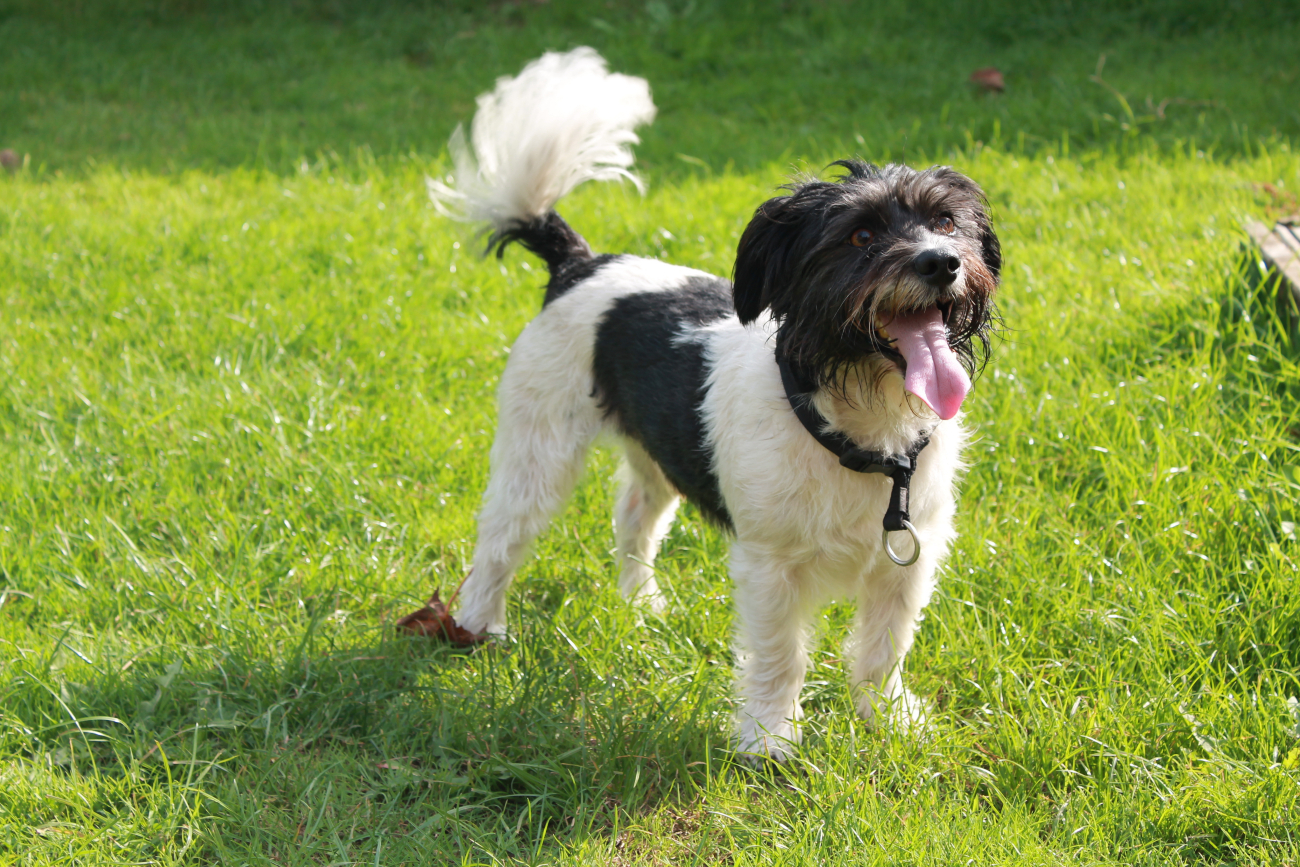
Understanding dogs' individual preferences can help you provide the most enjoyable belly rub experience for your furry friend. Just like humans, dogs have their own unique likes and dislikes when it comes to physical touch and interactions. By paying attention to your dog's individual preferences, you can ensure their psychological well-being is taken into consideration during belly rubs.
When it comes to individual preferences, dogs can vary greatly. Some dogs may love belly rubs and seek them out, while others may not enjoy them as much or even find them uncomfortable. It is important to observe your dog's body language and behaviour during belly rubs to gauge their level of comfort and enjoyment.
Signs of enjoyment may include relaxed body posture, a wagging tail, and a desire for more interaction. On the other hand, signs of discomfort may include tense body posture, attempts to move away, or even growling or snapping.
To understand your dog's individual preferences, it is essential to develop a strong bond and trust with them. Spend quality time together, engage in positive reinforcement training, and observe their reactions to different types of touch.
By understanding and respecting your dog's individual preferences, you can create a positive and enriching environment for their psychological well-being.
Can belly rubs be harmful for dogs?
Excessive belly rubs may cause harm to dogs. Understanding a dog's body language is crucial when giving belly rubs. Pay attention to their signals and stop if they show signs of discomfort or stress.
What are some signs that a dog does not enjoy belly rubs?
If a dog does not enjoy belly rubs, signs of discomfort may include growling, snapping, or trying to move away.
To properly approach a dog for a belly rub, observe their body language and ask for permission.
Are there any specific breeds that are more likely to enjoy belly rubs?
Some specific breeds, like golden retrievers and labrador retrievers, are known for enjoying belly rubs. To properly give a dog a belly rub, gently stroke their legs and belly in a soothing manner.
Do all dogs enjoy belly rubs equally, or are there variations in preference?
Factors such as breed, temperament, and individual experiences can influence a dog's preference for belly rubs. Additionally, belly rubs can be used as a reward or reinforcement in dog training.
Can belly rubs help alleviate anxiety or stress in dogs?
Belly rubs can be used as a form of therapy for dogs with anxiety or stress. They have been found to provide physical and health benefits, such as promoting relaxation and reducing heart rate.
Why do dogs like belly rubs but not cats?
Have you ever wondered why dogs absolutely love belly rubs, while cats seem to despise them? It's a mystery that has puzzled pet owners for ages. Dogs, being social animals, often enjoy physical contact and affection from their human companions.
Belly rubs are a form of gentle touch that can provide comfort and relaxation for dogs. When dogs expose their bellies, it is a sign of trust and submission, indicating that they feel safe and secure in their environment. So, when you give your furry friend a belly rub, you are essentially reinforcing the bond between you and making them feel loved and cared for.
On the other hand, cats have a more independent nature and prefer to maintain control over their personal space. While some cats may like belly rubs to some extent, most of them do not enjoy it as much as dogs do. Cats have a more sensitive stomach area, which is vulnerable to attack in the wild.
When a cat exposes its belly, it is a defensive posture rather than an invitation for affection. So, when you attempt to give your cat a belly rub, they may interpret their itchy skin as a threat and react defensively by scratching or biting.
It's important to remember that every cat and dog is unique, and their preferences may vary. Some cats may enjoy gentle caresses on their bellies under specific circumstances, while others may never tolerate it. Similarly, some dogs may not be fond of belly rubs due to past negative experiences or simply because they have different preferences.
Conclusion
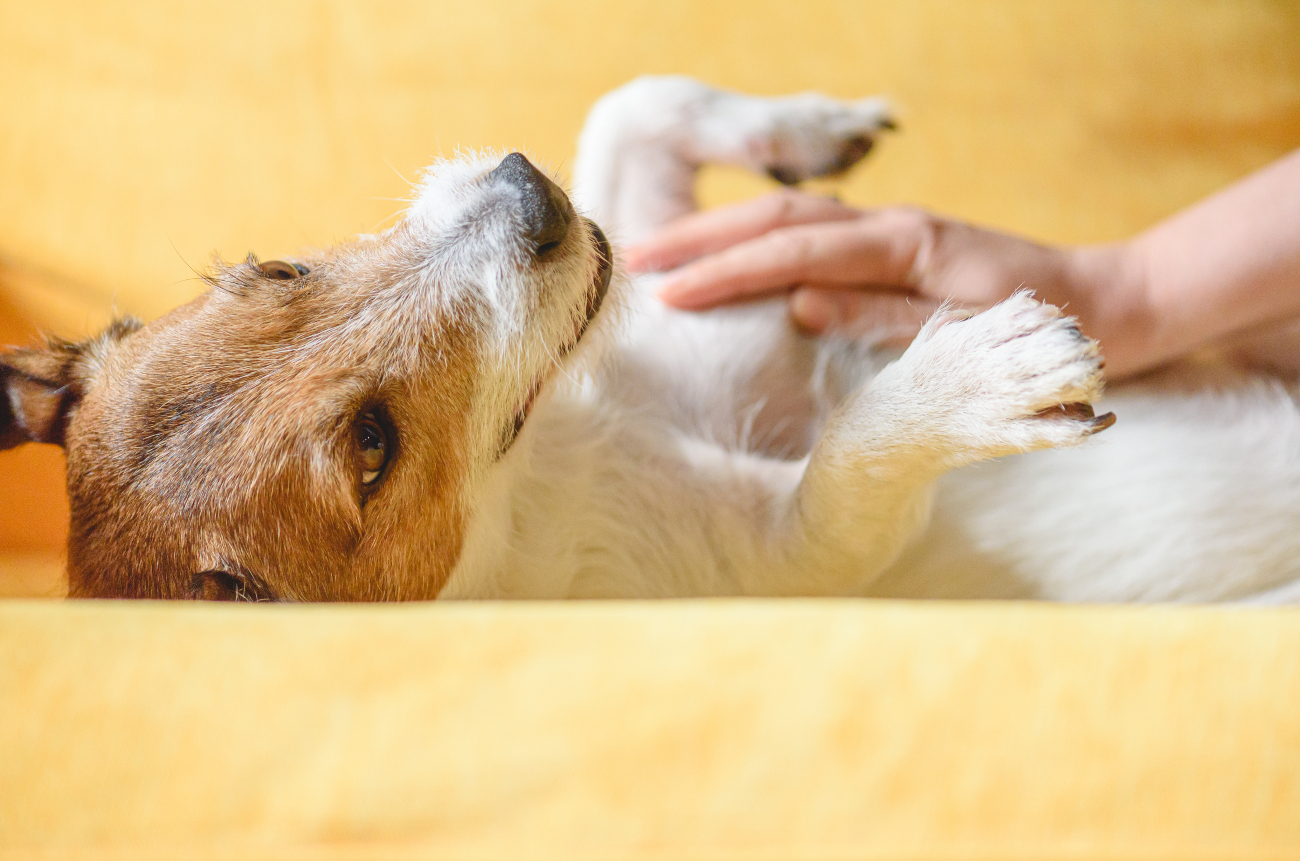
In conclusion, a dogs love of belly rubs stems from a combination of biology, pack bonding, and positive reinforcement. As you stroke their vulnerable bellies, a surge of pleasure courses through their bodies, creating a deep sense of contentment and connection.
This simple act taps into their instinctual behaviours and reinforces the positive association between belly rubs and feelings of security and trust. So next time you see a wagging tail and a hopeful gaze, don't hesitate to indulge in this delightful bonding ritual.
To get a dog insurance quote for your furry friend you can get a quote through our website. If you would like to talk to one of our dog insurance team, you can get in touch with us on 0330 102 5748.
Helpful Pages
Recent Posts
Pet Insurance Quote
- 98% claims paid *
- Claims paid directly to vets
- 24/7 vet video consultations
- Interest free monthly payments

